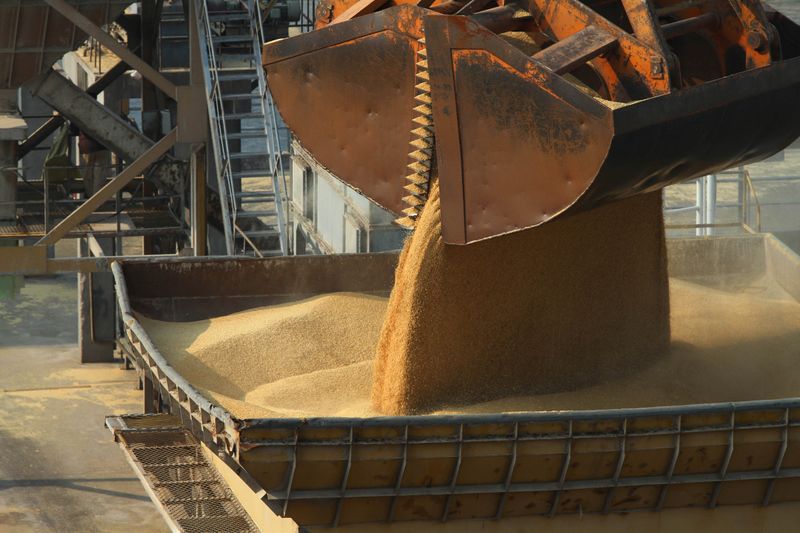SYDNEY (Reuters) – China has rejected Australia’s appeal to scrap a tariff on its barley exports, two sources familiar with the matter told Reuters, all but closing the door on a trade worth about A$1.5 billion ($1.05 billion) in 2018.
The rejection comes after Australia sought a formal review over duties totalling 80.5% that China imposed this year, citing as grounds subsidies and dumping, activities that Australia has denied.
“We were informed last week that the application was unsuccessful,” said one Australian government source, who sought anonymity as he is not authorised to speak to the media. “We are extremely disappointed, but not surprised.”
Both China’s commerce ministry and Australia’s department of foreign affairs and trade did not immediately respond to requests for comment.
Australia had asked the Chinese ministry in August for a formal review of its processes, following the imposition of the duties on barley. About 70% of Australian exports of the grain typically go to China, Australian data show.
China concluded that Australia’s Murray Darling Plan, a scheme to spruce up an ecologically vital river system, provided a subsidy for growers, although Australia denies it subsidises barley production.
Its rejection will force Australian farmers to sell barley to the domestic livestock industry at prices less than sales to China would have earned.
Australian barley production is expected to top 10 million tonnes after rain revived some of the biggest growing regions following years of drought.
China’s decision also comes at a time of fraught ties that have spilled into trade focused on food products and iron ore.
The latest irritant was Australia’s push for an international inquiry into the source of the coronavirus that emerged in China’s central city of Wuhan late last year and spread worldwide.
Earlier this year, China suspended beef imports, launched a dumping investigation into Australian wine and told its millers to stop buying Australian cotton.
Barley is typically used in breads and soups and dried to create malt for beer production, as well as being used for animal feed.
($1=A$1.4253)
(Reporting by Colin Packham; Editing by Clarence Fernandez)























